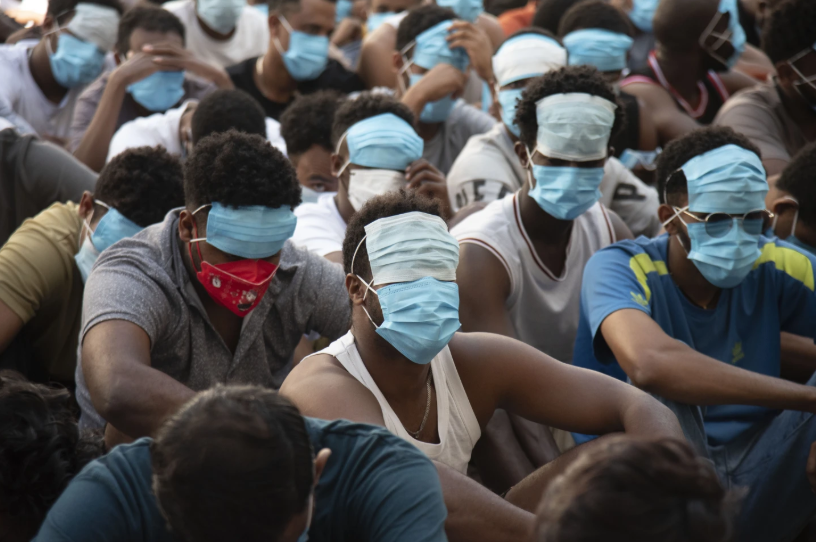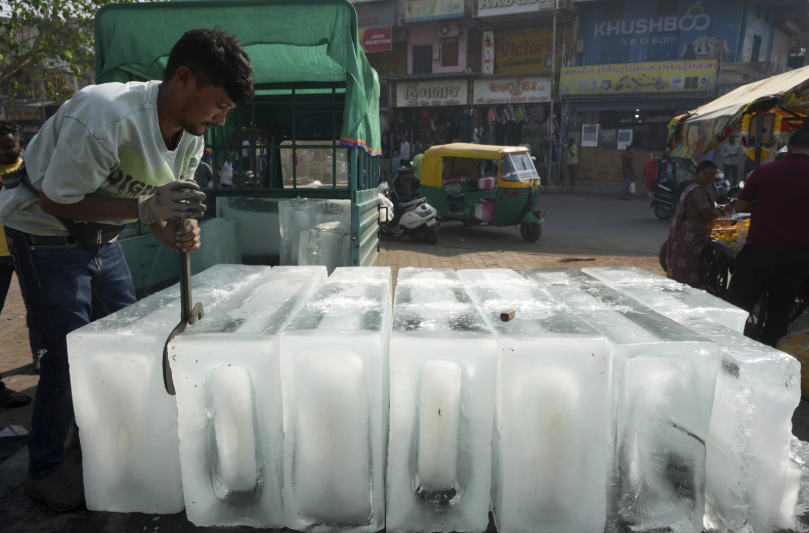The United Nations Office on Drugs and Crime (UNODC) recently released a report on the ever-growing scam industry detailing the evolution of the sphere. Due to crackdowns on scam compounds in Asia, operations are moving to other continents, particularly Africa and South America.
Able to hide in the remote regions of Southeast Asia, scam centers have been tucked away from law enforcement, particularly in the less populated regions of Cambodia, Laos, and Myanmar. Finding locations where governing bodies are incapable or lenient, scam compounds have successfully stayed ahead of police by moving around, location to location.
These centers have taken advantage of the vulnerable, particularly the elderly and the naive, sucking large sums out of people using various types of social schemes. To trick people into handing over their money, they employ romantic traps, fake invoices, and whatever else they can think of, collecting billions in the process.
As these practices have expanded globally, due to crackdowns and compound raids from law enforcement, the global scam market has grown. The UNODC released their report in April of this year. It is titled “Inflection Point: Global Implications of Scam Centres, Underground Banking and Illicit Online Marketplaces in Southeast Asia.”
The report details the various places that scam centers are spreading to. One of these is Nigeria, where authorities have conducted raids leading to the arrests of nearly a thousand people in early 2025 and late 2024. Those arrested in these major raids were mostly from East and Southeast Asia, and suspected of “involvement in cryptocurrency investment and romance scams,” according to the document. Nigeria is “emerging as an important destination for groups diversifying into Africa,” according to the UNODC.
Targeting South America, criminal groups specializing in online scams have moved to places like Brazil to host their scam centers. They often forge deals with the already established drug trafficking organizations that live there, in order to launder money with the cartels. The UNODC notes that it is relevant that “Brazil has emerged as one country that has faced a growing set of challenges related to cyber-enabled fraud, online gambling, and related money laundering, with some linkages to criminal groups operating in Southeast Asia.”
Despite the global expansion, there are signs that there is growth in Southeast Asia as well. Sri Lanka has “shown signs of being targeted as a base of criminal operations,” after raids were conducted at suspected cyber-crime operations, leading to the arrests of hundreds of people from other Asian countries.
The geographical expansion of scam centers globally as well as their diversification in methods and technology is a sign of a growing global scam market and a cause for concern. “Driven by new service-based business models and technologies, rapid professionalization, and the ability to launder profits and shift value across borders undetected with unmatched speed and efficiency, Asian crime syndicates have not only managed to expand into new global markets, but have fundamentally taken hold of entire ecosystems they have built and infiltrated,” the UNODC says. The rise of organized crime in this region is seeing unprecedented growth, and the groups that enact it are reaching out globally.
Given this, the UNODC has recommendations on how to mitigate these effects in order to stop the accelerating spread of syndicates and the scam community. Despite the concerning ramifications, there are a few key things countries are to do to prevent this. One piece of advice is to raise political awareness and engagement. If people simply know more about the crime that is happening, it can be made aware of, putting in the government’s field of view, enabling them to do something about it, like enacting legislation. Part of this plan is protecting reporters, who do the job of creating awareness through the press.
They further recommend that governments should encourage interagency cooperation to better coordinate responses to events. This includes cooperation between countries themselves. “Cross-border cooperation is essential to address the transnational nature of scam operations and associated criminal infrastructure,” the report says. They emphasized the value of this intergovernmental collaboration as well. “Collective efforts can help prevent displacement, share intelligence, and support enforcement across jurisdictions,” the UNODC said.
The report makes it clear that this serves as a reminder to governments worldwide about the acceleration and growth of the global scam market and what those same institutions can do to solve the issues that make countries unstable.





















